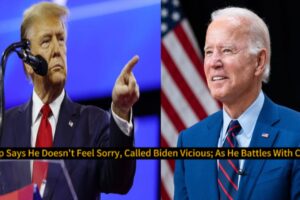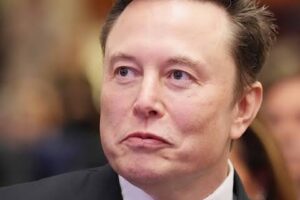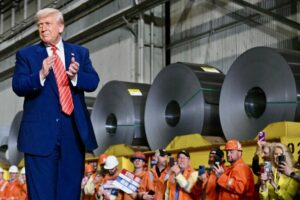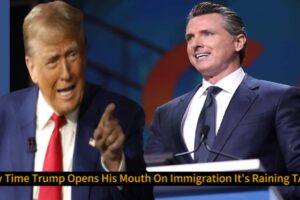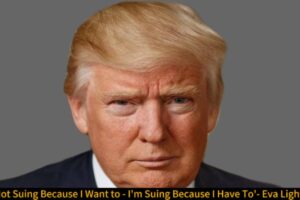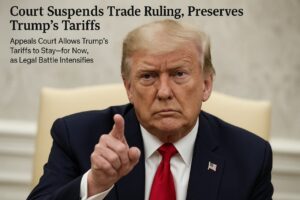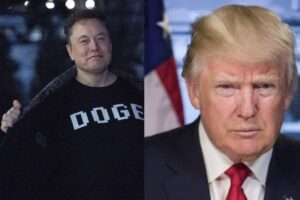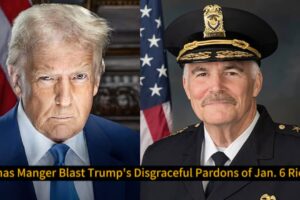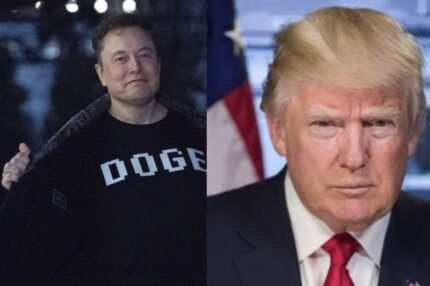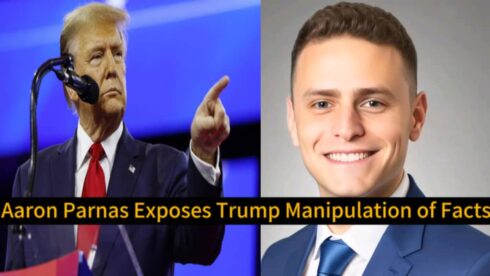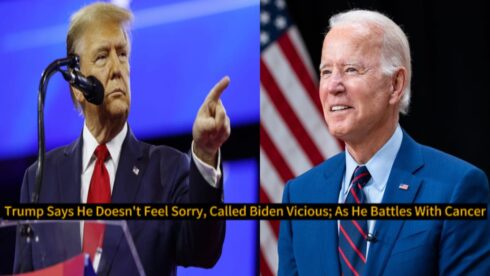In a revealing interview with CBS Sunday Morning, tech billionaire Elon Musk shared nuanced views about his working relationship with President Donald Trump’s administration, highlighting areas of alignment as well as underlying tensions. Musk, who recently announced his departure from the Department of Government Efficiency (DOGE), expressed a sense of discomfort in publicly criticizing the administration, despite having notable policy disagreements. The interview aired just days after the SpaceX Starship’s ninth test flight and amid a broader national conversation about the balance between public loyalty and private dissent within Trump’s inner circle.
Musk Acknowledges Policy Differences with the Trump Administration
Elon Musk, known for his ambitious ventures in space exploration and electric vehicles, stated that while he supports much of what President Trump’s administration is doing, he doesn’t agree with everything. “There are things that I don’t entirely agree with,” Musk said, adding, “But it’s difficult for me to bring that up in an interview because then it creates a bone of contention.”
Elon Musk emphasized the complexity of his position. “I’m a little stuck in a bind,” he admitted. “I don’t wanna speak up against the administration, but I also don’t wanna take responsibility for everything the administration’s doing. So I’m, like, kinda stuck, you know?” This candid reflection suggests an internal tug-of-war between Elon Musk’s independent thinking and his visible association with Trump’s governance.
Critique of the “Big, Beautiful Bill”
During the interview, Elon Musk took particular issue with a major budget bill recently passed by House Republicans and endorsed by President Trump. While Trump praised it as the “big, beautiful bill,” Elon Musk was less enthusiastic. “I think a bill can be big or it can be beautiful,” he said, “but I don’t know if it can be both.”
Elon Musk’s criticism reflects concerns in the private sector about the bill’s financial and policy implications. Although he did not elaborate extensively, his disappointment underscores growing skepticism among business leaders who initially welcomed Trump’s pro-business agenda but now face uncertainties surrounding long-term fiscal impact.
Departure from DOGE and Return to Private Sector
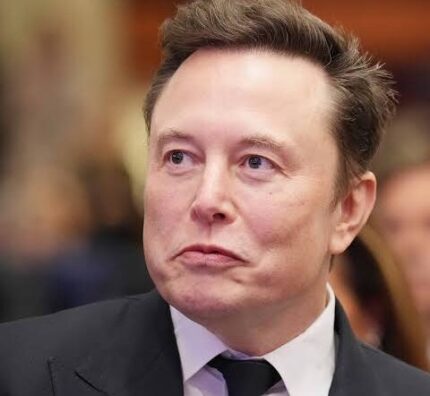
Elon Musk confirmed his departure from DOGE, the Department of Government Efficiency, which he helped lead as a special government employee. The role was limited by statute to 130 working days within a 365-day period, and Friday marked the end of Musk’s service under that rule.
According to the White House, Musk’s exit from DOGE was amicable. “Musk left on good terms and is still friends with the president,” said a senior administration official. “This isn’t a separation, but just a return to the private sector for Musk. He will continue to be a friend to the president, and we can characterize that as an ‘adviser.’” Musk’s exit signals the end of a formal but unorthodox collaboration between Silicon Valley innovation and Washington governance.
DOGE’s Controversial Legacy
Launched early in President Trump’s second term, DOGE aimed to streamline government spending and cut waste. While Musk’s leadership brought visibility and momentum to the initiative, the agency’s legacy remains contested. A nonpartisan analysis from the Partnership for Public Service estimated that DOGE’s $160 billion in projected savings could result in a $135 billion cost to taxpayers in the current fiscal year.
The conflicting figures have fueled legal challenges and debates about the program’s actual efficiency. Critics argue that the initiative often cut essential services under the guise of eliminating waste, while supporters maintain it sparked necessary reforms in bureaucratic practices.
Musk Balances Friendship and Public Responsibility
Despite parting ways with the administration, Elon Musk has maintained a cordial relationship with President Trump. “This isn’t about breaking ties,” noted one senior official. “It’s about Elon continuing his work in the private sector, where he thrives best.”
Still, Musk’s balancing act—between maintaining loyalty to the president and voicing his convictions—highlights the challenges faced by influential figures who engage directly with government while leading global enterprises. His measured critique offers insight into how personal relationships can coexist with principled disagreement, especially in a high-stakes political landscape.
Looking Ahead: Innovation and Independence
As Musk returns full-time to his roles at Tesla, SpaceX, and other ventures, his political clout remains undiminished. His ability to influence public discourse—on issues ranging from energy policy to national spending—places him among a small group of business leaders with both public and private sector credibility.
With the Starship program advancing despite recent setbacks and Musk hinting at new initiatives on the horizon, observers will be watching closely to see how his views on governance evolve in the absence of a formal White House role. For now, Elon Musk appears poised to resume his characteristic blend of innovation, independence, and occasional controversy.


